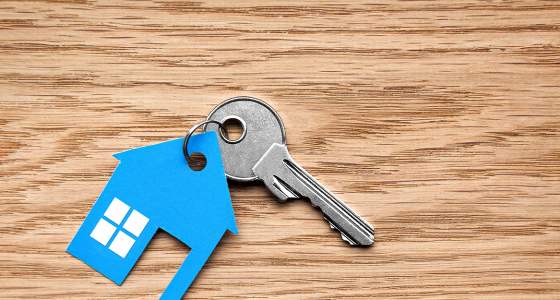Finding and keeping accommodation for people living with HIV is a critical factor in maintaining health – both mentally and physically. When we have a place to call home, it gives us a sense of security, a place to retreat to when we need it and makes life a lot easier. It’s also simpler to stay on treatment and our quality of life will be better than it is for people who are homeless or at risk of homelessness.
Living rough or in temporary accommodation (staying with friends, couch surfing etc.) or in inadequate accommodation (boarding houses, refuges etc.) can mean our routine becomes unstable, and it can be difficult to take medications regularly, attend medical appointments and keep life on track. When people struggle to find accommodation, maintain a tenancy or are at risk of homelessness, they experience serious threats to their health.
While most people living with HIV are doing really well, some struggle to maintain employment and rely on social or public housing for affordable accommodation as well as income support from the Disability or Aged Pension. We are all ageing, living longer and a number of us are diagnosed with multiple chronic and complex health conditions.
Navigating housing pathways to find secure accommodation is not easy or straight forward. People living with HIV and other health issues often need extra support to work through the complex application process to access housing and juggle competing priorities. Sometimes staff in government agencies can be judgmental, unhelpful or simply ill equipped to understand the needs of our community. Misplaced or lost paperwork means personal stories need to be told over and over again and when this happens, it can cause delays, stress and anxiety.
If you’re living in public housing, you might not be facing homelessness or a similar crisis, but you might be having some difficulty working out who you need to contact to manage simple maintenance issues like broken windows, leaks or repair to utilities. You could need modifications to your accommodation to keep you safe in your home and get around easier. You may need someone to support you to confront homophobia or other antisocial behaviour from neighbours that impact on your peace of mind and sense of security. Problems with memory may make it difficult to complete complex paperwork and miss deadlines that many housing providers ask you to meet.
When you’re living with HIV and need some support to brainstorm your housing options, fill out an application, or understand how to navigate the housing maze, Positive Life has peer navigators (who are living with HIV themselves) to listen and work out ways you can find what you’re looking for. Call Positive Life on (02) 8357 8386, 1800 245 677 (freecall) or email contact@positivelife.org.au







